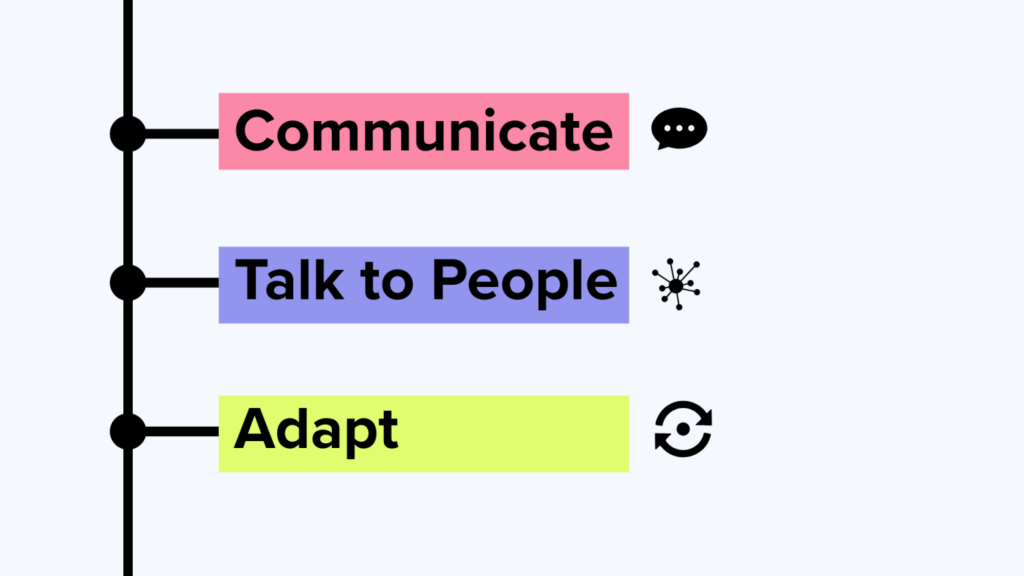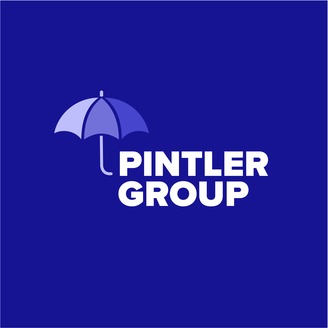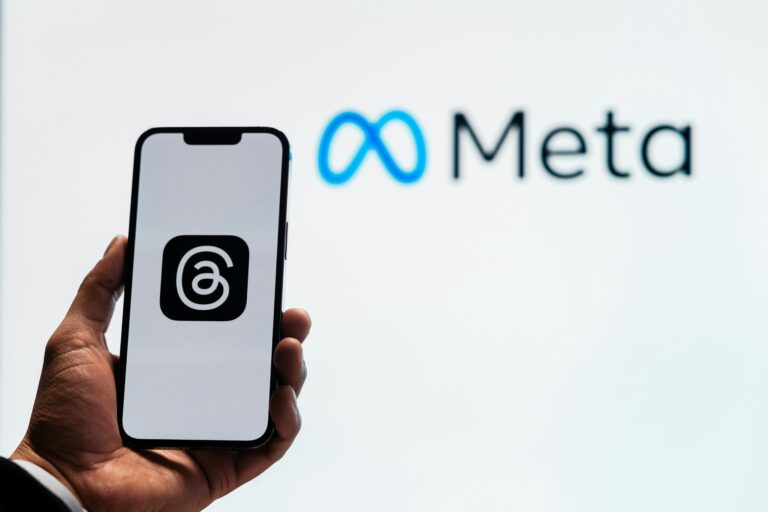When I decided to change careers, I started thinking about what really matters in the workplace, what stands out after the diploma is earned. In some fields, degrees are non-negotiable. But in others, it’s the real, transferable skills (often the ones you don’t expect) that make the biggest difference.
My previous career was in education—specifically, my degree was in Early Childhood Education, K–8, but I spent my time working in PK–2. Education is a field where a degree isn’t just suggested; it’s mandated. Traditionally, this career requires a four-year college education, student teaching, and passing the PRAXIS exam, all before you even enter the workforce.
Do I believe a degree should be required for individuals teaching the youth of America? Absolutely. But do I think that degree taught me everything I needed to be a teacher? Not at all.

Fast forward a few years: I found myself yearning for more education, craving a fast-paced, creative, and challenging work environment. One where, like teaching, no two days were the same, but unlike teaching, I had more flexibility in my approach. I wanted a role where I could flex not just my brain, but also my creative muscles. One that allowed me to level up both my personal brand and my career capacity. That desire led me to pursue and earn a Master’s in Business Administration, and ultimately transition into the field of digital marketing.
My MBA taught me incredible skills ranging from business best practices to data analytics, negotiation, accounting, client management, project management, and more. But, just like with teaching, my degree only laid the foundation. It was up to me to make the leap and find ways to translate and leverage those skills into a new (and honestly, pretty daunting) world of digital marketing.

What I’ve found in my career transition is that it’s not just the clearly outlined, textbook skills from a degree that matter; it’s the behind-the-scenes abilities, the soft skills, and the strengths beyond syllabi developed throughout the process of earning a degree. Those are the surprisingly marketable skills that made my transition into a new career, and into my current role in digital marketing at Pintler Group, a success.
It turns out that the qualities that helped me succeed weren’t tied to a specific course I took or article I read but how I communicated with others, how I adapted to change and how I was willing to step out of my comfort zone to talk to people. Three transferable skills stood out: the know how to communicate early and often, the confidence to talk to new people (even when it is uncomfortable) and the endurance to remain adaptable.
1. Communicate: Early and Often
This lesson comes straight from my teaching days: communication is everything. The only way to avoid problems is to get ahead of them. Every job has stakeholders, and for teachers, it’s parents. Regular, consistent communication is non-negotiable: monthly newsletters, daily check-ins at drop-off and pick-up, quick texts when something comes up. I can’t say it enough: communicate early and often.
This applied when I was a student, too, whether struggling on an assignment or stressed about an exam. The solution? Communicate with your professors early. They want you to succeed.
And now, as a Digital Marketing Manager, the same rule applies: communicate early and often. Launching a new campaign? Share early results, good or bad. Running into a bottleneck in design? Keep your client in the loop. Sending monthly digital marketing reports and holding regular meetings?
You guessed it—communicate early and often.
2. Talk to People (Seriously)
Talk to your friends, coworkers, classmates, and even your barista. Make connections. It doesn’t have to be a formal networking event, because honestly, everything is a networking event. Sure, it’s often said, “It’s not what you know, it’s who you know,” but it’s just as much about who knows what you know.
Send cold emails. Set up meetings with strangers. I started my career in education by volunteering at a local nonprofit with a nontraditional educational model in Missoula. I liked what they were doing, so I sent a cold email asking to meet the owner. One meeting turned into regular volunteering, which turned into a college internship, and eventually a full-time job while I was earning my degree.
I took the same approach when transitioning into digital marketing. Reach out to people and places that interest you. They might not be hiring now, but that’s okay. Often, if they don’t have a spot for you, they’ll know someone who does.
In digital marketing, networking isn’t just about landing a job; it’s about building relationships that drive results. Whether connecting with clients, collaborating with creative teams, or staying on top of industry trends, those connections matter. Strong relationships create a foundation for collaboration and knowledge-sharing. Attending conferences and reaching out to others in similar roles, both across the state and the country, gives me the tools to elevate my career and my marketing work.
So, just like in my career transitions, I keep reaching out, because in marketing, relationships are everything.
3. Adapt
When I started in education, I had the practical skills: how to build early literacy, introduce handwriting, and lay the foundation for math. What I didn’t have was the day-to-day reality. Those we finished our chapter early but there are ten minutes until lunch moments. The we planned this field trip hike two months ago but now it’s pouring rain kind of days. Or the we’ve been waiting in line for school pictures for over 30 minutes chaos. (All true moments of crisis. Try herding 30 five-year-olds in their nicest outfits while keeping picture day looks intact.)
But really, talk about learning adaptability.
You quickly figure out what works. Maybe the solution is singing songs, playing counting games in line, or running through the rain pretending to be secret agents. Adaptability isn’t a buzzword—it’s earned by experience, by reading the room, and adjusting on the fly.
As a student, adaptability means managing expectations, sharing ideas, and being prepared to pivot after feedback. Knowing that a group project is exactly that: a group project, not just your vision.
In marketing, adaptability means working with internal teams, managing multiple stakeholders in the design and copy process, and—of course—opening Meta on any given day to find a whole new suite of features. You pivot, you problem-solve, you figure it out.

Transferable Skills
Changing careers is scary. But it’s not about leaving everything behind. Whether you’re moving into a new profession, earning a new degree, or stepping up to a different role, you bring the skills you’ve learned along the way with you. For me, teaching a room full of kindergartners, working through group projects, and navigating a career change brought communication, connection, and adaptability to the forefront.
No matter your career, mastering these three skills is essential, they’re powerful tools you can use to succeed in any profession.





